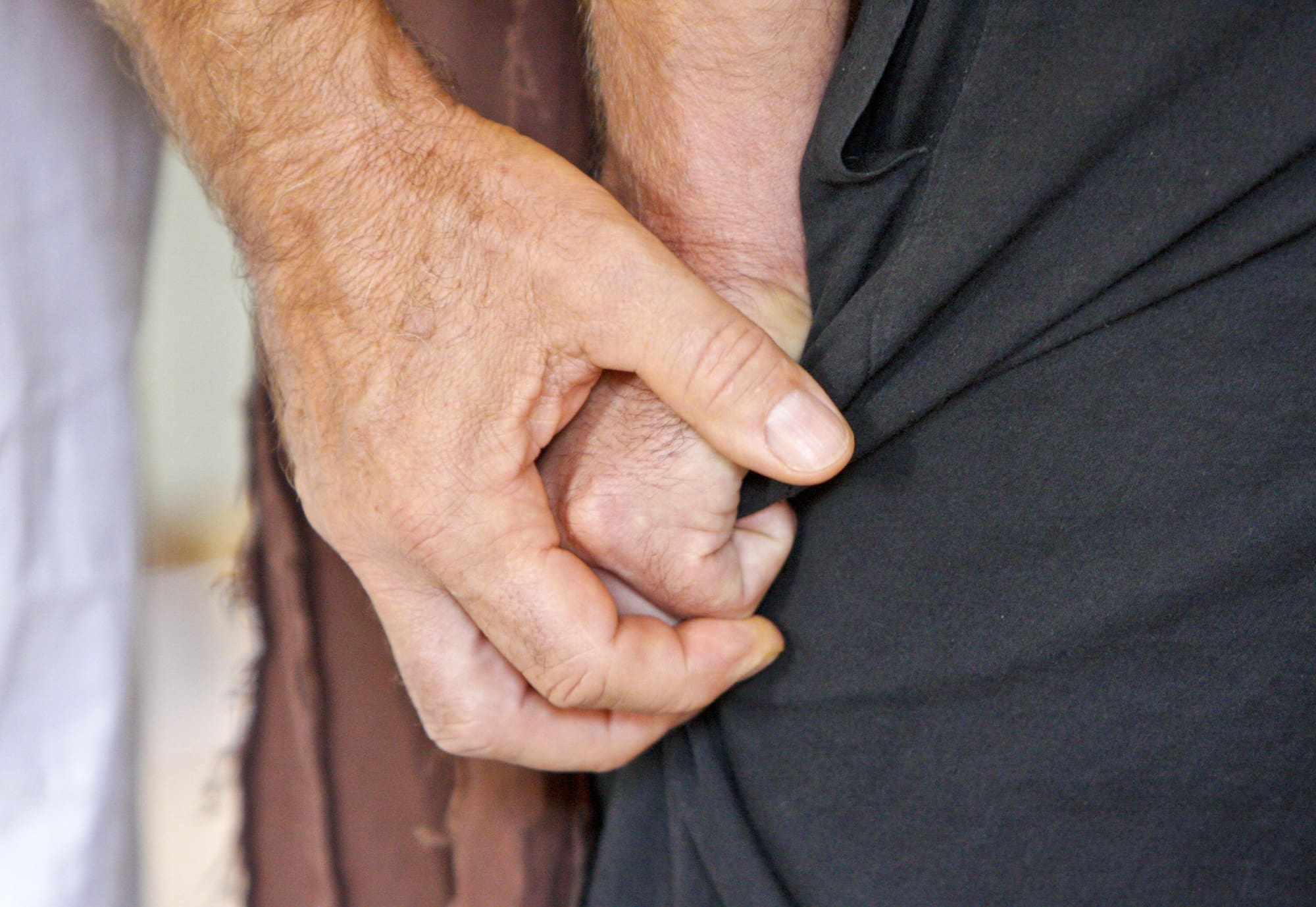
The treatment of prostate cancer will depend on several factors including your age, general fitness and the stage of your cancer (whether it is advanced or not).
Active surveillance – You specialist doctor may monitor the cancer using tests such as MRI scans, biopsies and measuring your PSA level every few months. This treatment is used when the cancer risk is low or they want to avoid immediate treatment.
Radiotherapy (external beam radiotherapy, brachytherapy) – Radiotherapy uses high energy rays to destroy cancer cells from outside of the body.
Surgery (open surgery, keyhole surgery) – Removal of the prostate otherwise known as a prostatectomy can be used in cases of immediate or high-risk early cancer. Usually you will have radiotherapy after this treatment.
Hormonal therapy – Injections or tablets may be accompanied by other treatments with the aim of reducing the amount of testosterone in the body. This treatment can be used as an alternative to radiotherapy or surgery if you have health problems which make these procedures difficult or you are in an older age group. This treatment can be used before, during or after radiotherapy.
Chemotherapy – Chemotherapy uses anti-cancer (cytotoxic) drugs to destroy the cancer cells. It is given to those who are diagnosed with advanced prostate cancer and used alongside hormonal therapy. The aim of this treatment is to control the cancer and relieve symptoms to allow the patient the best quality of life.
Other treatments include Cryotherapy or High Intensity Focused Ultrasound (HIFU). These treatments are still being tested as to how effective they are so are usually part of a clinical trial. They are only suitable when the prostate cancer is located on one side.
* Your nurse or doctor will be able to discuss ways to manage side effects to all of the above treatments with you as well as pain relief.

